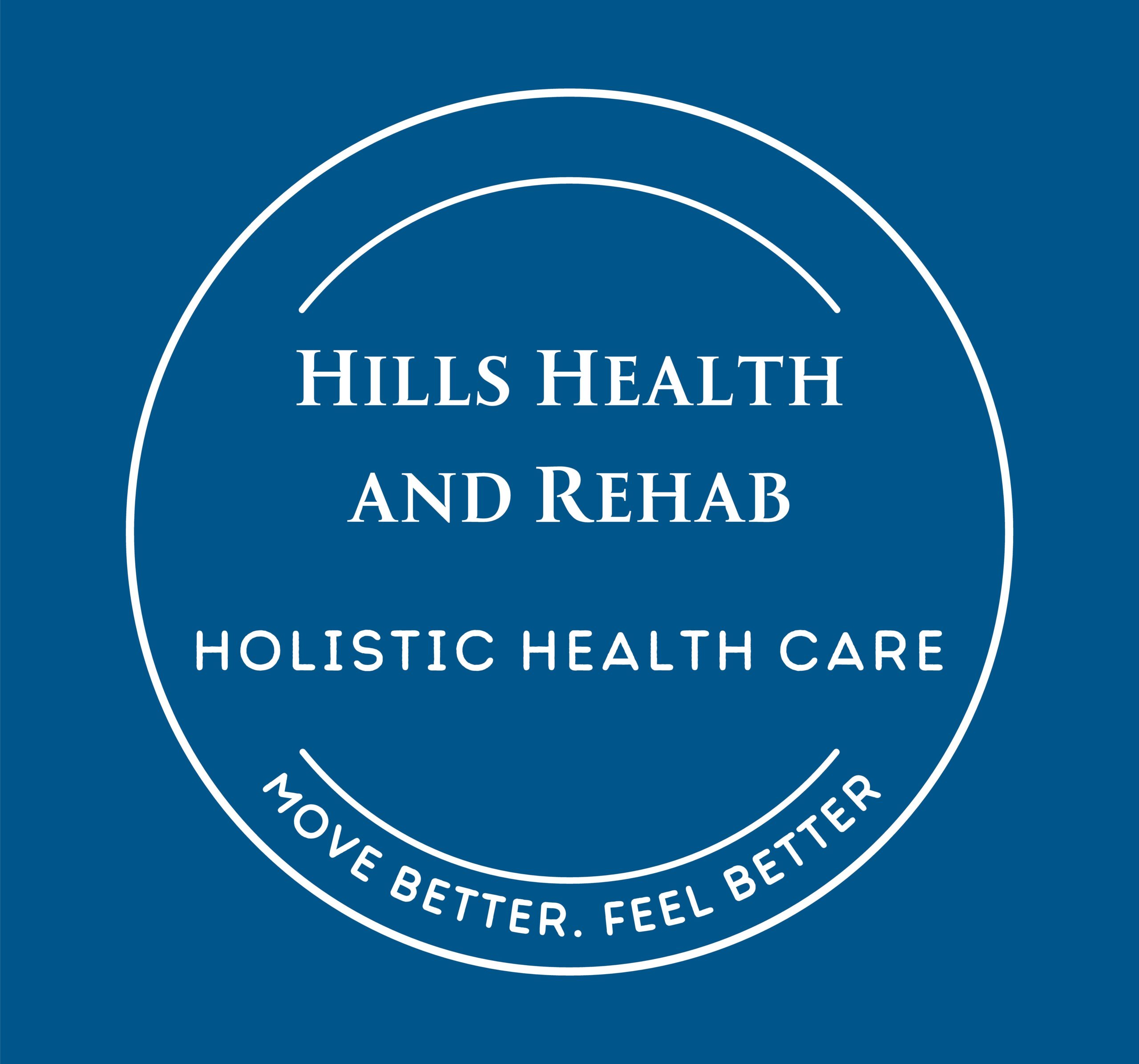Restoring Strength and Function
Physiotherapy, also known as physical therapy, is a healthcare profession dedicated to improving and restoring physical function and mobility in individuals who may be experiencing pain, injuries, or disabilities. It focuses on optimizing the body’s natural healing processes, enhancing strength, flexibility, and overall well-being.
As a branch of rehabilitative healthcare, it is suitable for a variety of health conditions including:
- Neurological disorders: Conditions such as multiple sclerosis, Parkinson’s disease, or stroke can benefit from physiotherapy intervention.
- Chronic pain: Physiotherapy has been shown to be effective in pain science and pain rehabilitation.
- Musculoskeletal disorders: Physiotherapy can help manage problems with movement, pain, or stiffness.
- Sports injuries: Physiotherapy can aid in recovery and prevention of sports-related injuries.
- Post-surgery: Specific areas get weakened after injury or need strengthening post-surgery. Physiotherapy is an effective solution for stress-free recovery.
- Disabilities: Whether you have a physical condition like cerebral palsy, multiple sclerosis, or spinal cord injury, or you have an intellectual or psychosocial disability, or autism spectrum disorder, a Physio can work with you and your carers to improve your movement and ability to participate.
The roots of physiotherapy can be traced back to ancient civilizations, where physical techniques were used to alleviate pain and improve physical function. However, the modern profession of physiotherapy began to take shape in the late 19th century, with the establishment of formal schools and the increasing need for rehabilitation services during and after World Wars I and II. Over time, physiotherapy has evolved into a well-recognized and crucial component of healthcare, with a focus on holistic care, prevention, and rehabilitation.
To become a physiotherapist in Australia you must complete an accredited bachelor or masters degree in Physiotherapy. Practitioners then must be nationally registered with the Australian Health Practitioner Regulation Agency (AHPRA). Physiotherapists have met specific requirements, including English language proficiency, criminal history checks, working with children checks, and obtained professional indemnity insurance. To maintain registration, physiotherapists must partake in yearly continuing professional education.
During a physiotherapy treatment, you can expect a thorough assessment of your condition, which may include a review of your medical history, a physical examination, and diagnostic tests as necessary.
Based on the assessment, your physiotherapist will create a personalized treatment plan that may involve a combination of techniques such as manual therapy, exercises, stretches, and modalities like heat or cold therapy. The goal of physiotherapy is to alleviate pain, improve mobility, and enhance your overall quality of life.
Sessions are typically one-on-one and will include education on self-management and prevention strategies. Physiotherapy can benefit individuals of all ages and can address a wide range of conditions, from sports injuries to chronic pain and neurological disorders.
